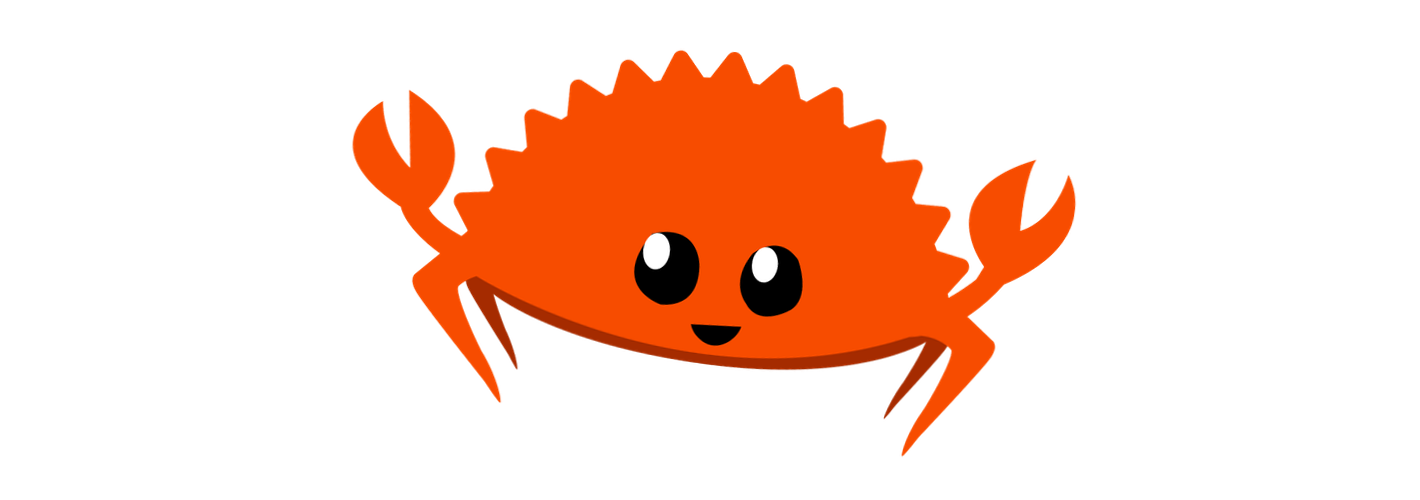

And further: What you do use, you couldn’t hand code any better. On the contrary, examples like mandatory garbage collector, forced memory layouts, required indirect memory access or a virtual method dispatching – are all non-zero cost abstractions. This means that we should not pay extra cost for using high level primitives.
Rust language want to take it manual#
Rust shines with its unique composition of low level C like features and fairly new high level programming concepts which can give a skilled programmer huge advantage in comparison to prevalent technologies.Īll that is guided by core Rust principles which are zero cost abstractions, which are the idea that the compiler should take almost the whole burden of abstractions used in the code and produce a highly optimized code with no additional overhead compared to careful manual implementation written with the lower level primitives. Rust is a general purpose system programming language with its direct control of memory layout, and allocation as well as access to underlying hardware and ease to interface with C libraries. It should be usable in all the cases that previously meant almost exclusive usage of C or C++ and its performance is comparable to C++.

The source code is compiled to native code with help of LLVM and due to that it’s available on all LLVM supported platforms.

The language was created with simplicity, efficiency and highly competitive environments in mind. Rust is open-source and backed with strong community of enthusiasts and as of now there are hundreds of companies using Rust in production, among them Google, Microsoft, Amazon, Dropbox. The project’s first stable release was announced in 2015. In 2010 at Mozilla Annual Summit Rust was presented for the very first time to a broader audience. In 2009 Mozilla - Hoar's employer at the time, took interest in the new language and began sponsoring the project. The project continued for the next three years and matured enough to show a new perspective of building safe concurrent software. It grew out of personal interest in compiler design and programming language techniques. It was born as a Graydon Hoare's spare time hobby project back in 2006. The articles will introduce core Rust concepts, programming techniques as well as examine a couple of pet projects implemented not only for illustrative purposes, but as standalone problems which should give the reader fun to play with. The articles try to skip trivia not to bore the reader, but have to bring them up occasionally for clarification purposes. No previous background in Rust is expected, but understanding of basic concepts of programming languages may be of help. This is the first part of a mini-series of articles addressed to all who want to get familiar with Rust programming language.


 0 kommentar(er)
0 kommentar(er)
